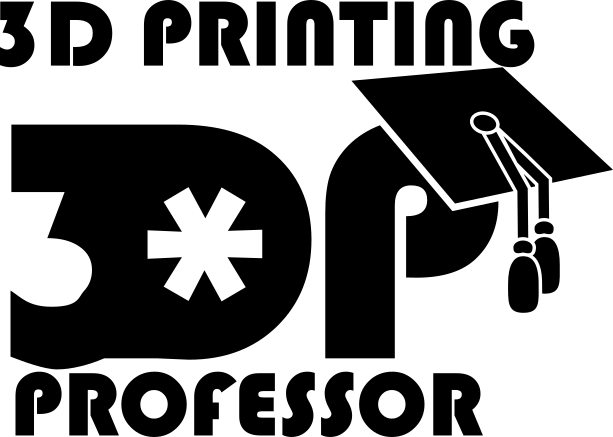Okay, lesson learned. There is a reason why shells is one of the options on print-o-matic. Shells are as important to successful prints as filament diameter.
I was having a terrible time printing stacking bins without cracking. I moved the Replicator somewhere warmer, slowed the print down, sped it up, increased printing temp, lowered it, all to no effect. Finally I begged for help and Joseph Chiu shows up on chat to suggest that I increase the fill and number of shells and I’ll be darned if that didn’t do the trick. 25% fill and 3 shells provided enough adhesion to overcome the thermal contraction and prevent almost all cracking of the walls during the print. (There was a little bit of cracking on the back where the infill was on the other side so maybe a 4th shell is in order.)
In other cases I’ve found that at least 2 shells are necessary if you’re printing small pieces like chess and game pieces, but you can decrease the fill rate to about 10% in that case and since they’re pretty round and lack large flat sides they adhere pretty good. On the other hand if you have fine details on the top layers multiple shells will prevent them from printing well, so you may want to do 0 extra shells in that case (remember the one around the outside is a gimme) and rely on the fill layers instead of the extra shells so that things look good. But in that case you may want to print higher infill to strengthen the print.
So the rule is large prints with flat walls and sharp (around 90 degree) corners use more shells to make sure the corners don’t separate and medium infill, about 20-30%. Very short prints with fine details on the top like coins or tokens you can use 0 shells so the details aren’t marred but you probably want to increase infill to 25-100%. Small, mostly round prints like game pieces use 2 extra shells for stability but you can decrease infill to about 10-15%. Not everything fits well into all those buckets, so you will, naturally, have to rely on your judgement.

